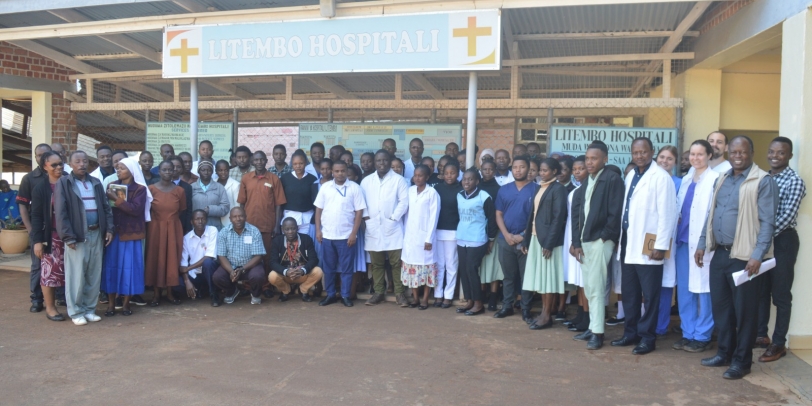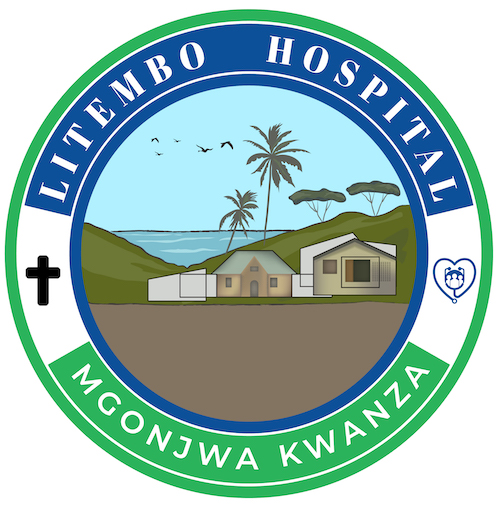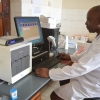
The Diocesan Hospital Litembo, founded in the 1960s by the German doctor Dr. Irmel Weyer, is run by the Catholic Diocese of Mbinga - a partner diocese of the Diocese of Würzburg, which financially supports "Tanzania Aid".
It is located in the village of Litembo, has 320 beds and employs around 150 people. Here too, the initial focus was on securing basic care.
However, further steps have now been taken: for example, a board of directors was set up for the hospital to put the finances on a stable footing, and African doctors have been and are being trained in Germany.
"This year we are going there with three doctors and two intensive care nurses from the Marien Hospital to train the staff on site in ultrasound," explains Dr. Werner Jax. The doctor has a long-term vision of comprehensive ultrasound care.
"The technology is inexpensive and versatile, so that, for example, possible complications of a pregnancy can be identified early on and mother-child care can be significantly improved." Dr. Werner Jax is now also receiving support from Audium Hörsysteme Senft from Recklinghausen, a brand of Vitakustik.
"We are donating hearing aids to the St. Vincent boarding school in Ruhuwiko, a village in the immediate vicinity of the provincial capital Songea," explains branch manager Sebastian Senft. "Almost 160 hearing-impaired children are taught there."
The 80 used devices come from customers of the Vitakustik Group throughout Germany. "We have checked, overhauled and cleaned the devices so that they are now fully functional again and will be sent to Tanzania," explains the hearing aid specialist.
The St. Vincent School was founded in 1988 with the support of the Misereor aid organization and is run by the Congregation of the Sisters of Mercy of St. Vincent de Paul. "The school does have teaching staff who can teach in sign language," explains Dr. Werner Jax, "but they do not have hearing aids; this donation represents a quantum leap for the institution." And thanks to the partnership with the school for the hearing-impaired in Schwäbisch Gmünd in Baden-Württemberg, it is also ensured that the devices are properly adjusted.
"There are currently three nurses from Tanzania in training there." For the hospital in Litembo, Dr. Werner Jax hopes "that we can slowly reduce our financial support." However, as far as professional exchange is concerned, the hospital intends to continue its commitment unabated.
"Our colleagues in Tanzania have fast internet, faster than in many regions of Germany," explains the doctor. "Telemedicine would be a tried and tested method." For example, .An X-ray image will be scanned and sent to a doctor in Germany who can assist the local doctors with the diagnosis.
In addition, the doctors' training will be increasingly relocated to the country itself and a mobile clinic program that was started last year will be continued. In the long term, the clinic will then be able to stand on its own two feet. Everything is true to the motto: help people to help themselves.


